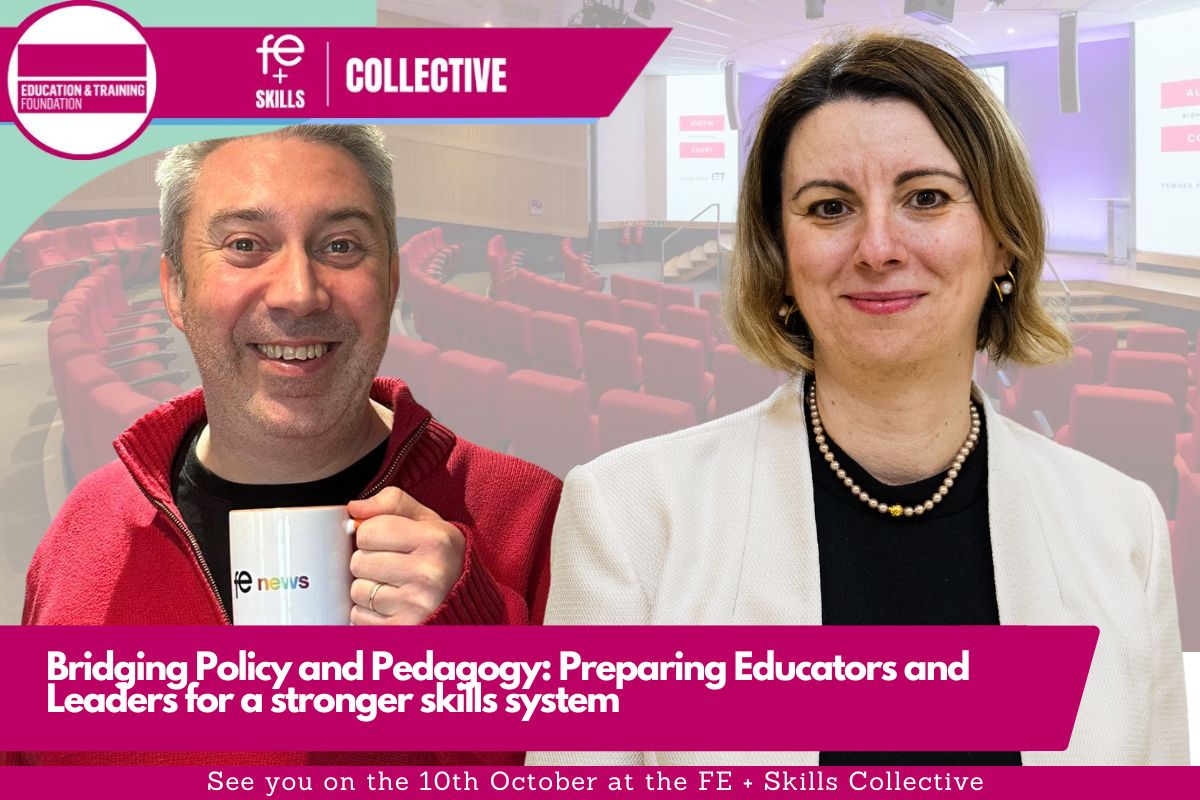Campaign launch to save adult education

A new campaign has been launched to defend adult education, following the loss of 1.5 million learner places in the last two years alone.
The Campaigning Alliance for Lifelong Learning (CALL), founded by the NUS, NIACE, UCU, UNISON and the WEA, aims to highlight the wide range of adult courses now under threat. It comes after recent figures reveal the largest losses of learners to date have been in Information and Communication Technology, Health, Public Services and Care – all losing roughly 50 per cent of adult learners.
A variety of other national and local organisations showed their support for the movement at its launch in London on Tuesday. A total of 36, including UNITE and the Universities Association for Lifelong Learning, have already announced their involvement.
Paul Mackney, NIACE Associate Director (FE), said: “We now have the biggest combined movement for lifelong learning that the UK has ever seen with support from educational organisations, trade unions, the Women’s Institutes and support groups for Disabled people, refugees and pensioners. Such a movement will surely persuade the Government to develop lifelong learning for all.”
Despite the Government’s increasing focus on vocational training, CALL state it has underspend by at least £100m on its own flagship programme, Train to Gain. It has also emerged that non-priority adult education courses will be forced to charge learners 50 per cent of the fees by 2010. CALL believes the decline in course places is a result of the Government’s focus on employer-led initiatives, rather than those that are adult-led.
Beth Walker, NUS Vice President for Further Education, said: “Adult education always ends up at the bottom of every Government’s priority list, despite the enormous benefits it can bring about for mature students and society at large.
“I am proud that NUS is a founding member of CALL, and the massive support this campaign is gathering from across the education sector and beyond shows that there are plenty of individuals and organisations out there ready to defend and extend adult students right to learn.”
Christina McAnea, UNISON Head of Education, said: “Adult learning is often the life-changing, crucial first step in getting people back into work. UNISON is proud to be a founding member of CALL, as a trade union we are committed to working to protect adults right to learn. This campaign will help make sure that adults have access to a wide-range of learning opportunities.”
The campaign’s members will push for universal access to basic skills, and access to high-quality education for all learners, including a statutory right to learning in the workplace. It wants to see learner, teacher and community involvement in all levels of decision-making regarding their learning, and hopes to create a more stable, motivated and rewarded workforce of professional practitioners.
Richard Bolsin, General Secretary of the Workers Educational Association, said: “We believe that adult learning, formal or otherwise, is invaluable to individuals, to families and to society. Its not just the studying but so much more. It gives purpose to peoples lives and contributes to their health and well-being. These are things that sustain communities.
“We at the WEA are concerned about the funding of provision and access for learners who want to learn. We met our funding targets last year, but the funding for this year has been held at last years prices which, for us, equates to a reduction of around 3,500 potential learners people who would benefit from adult learning on a WEA course and who we could reach, but who will miss out.”
Sally Hunt, General Secretary of the University and College Union, said: “We believe that affordable access to the life-changing opportunities provided by education is the hallmark of a civilised society.
“We know that people really value these courses and we know that they are a popular route back to education from the very people the government is trying to encourage to improve their skills. We admire the Governments rhetoric on adult learning, but it needs to listen to the experts when it comes to deciding how to fund further and adult education. If it doesn’t, it will continue to fail the very people that most need our help.”










Responses